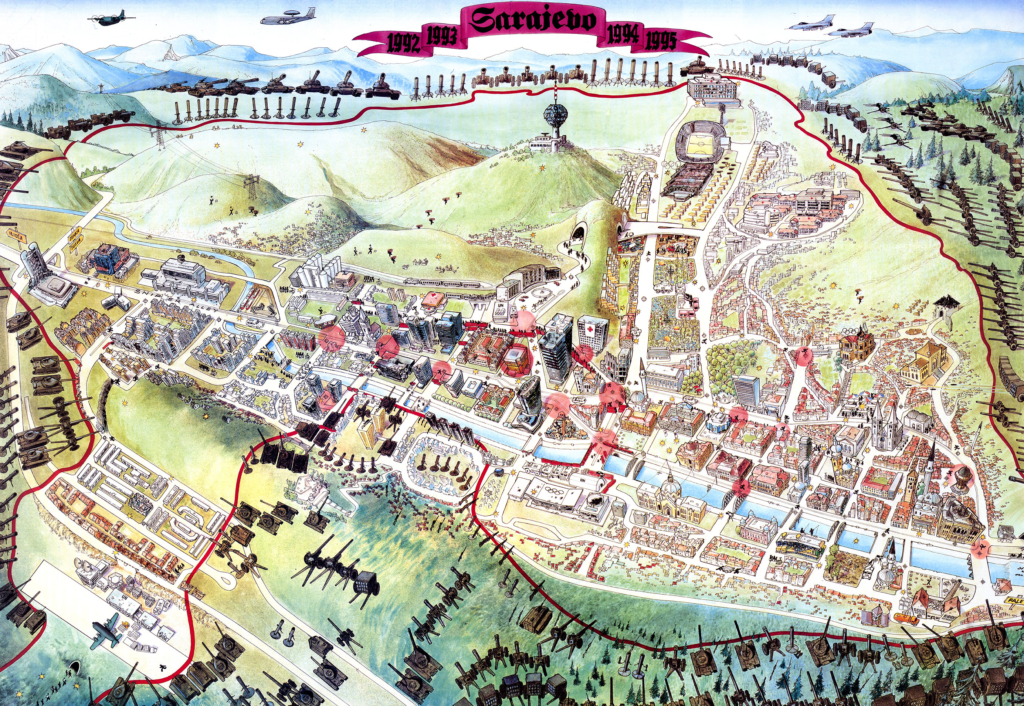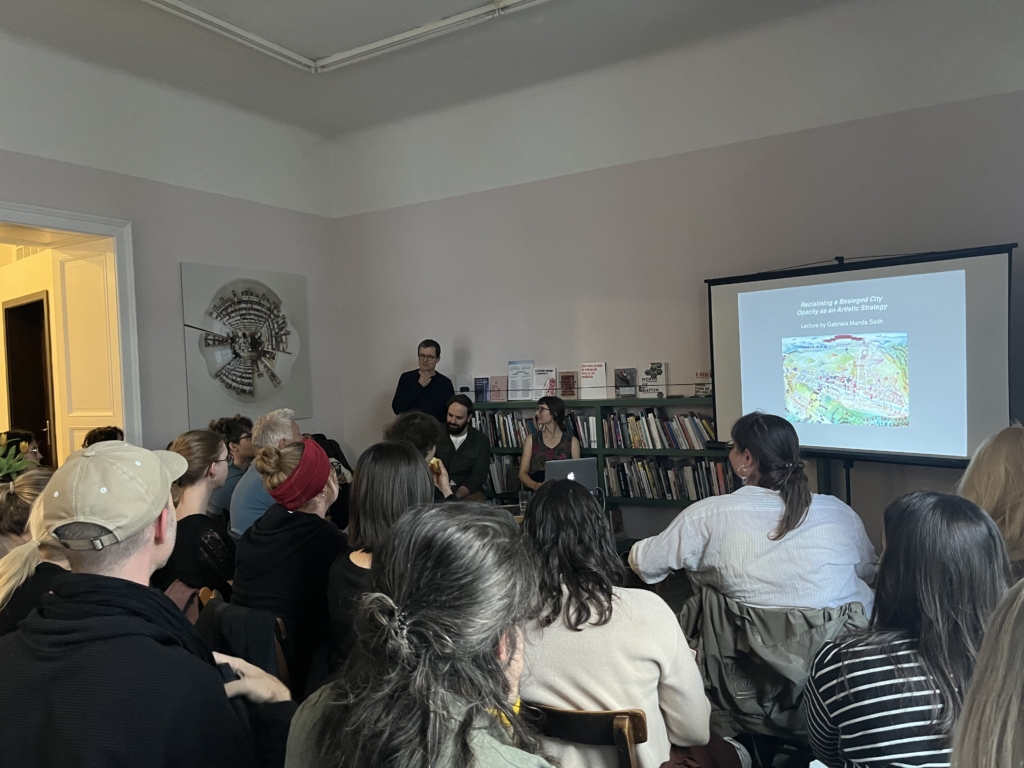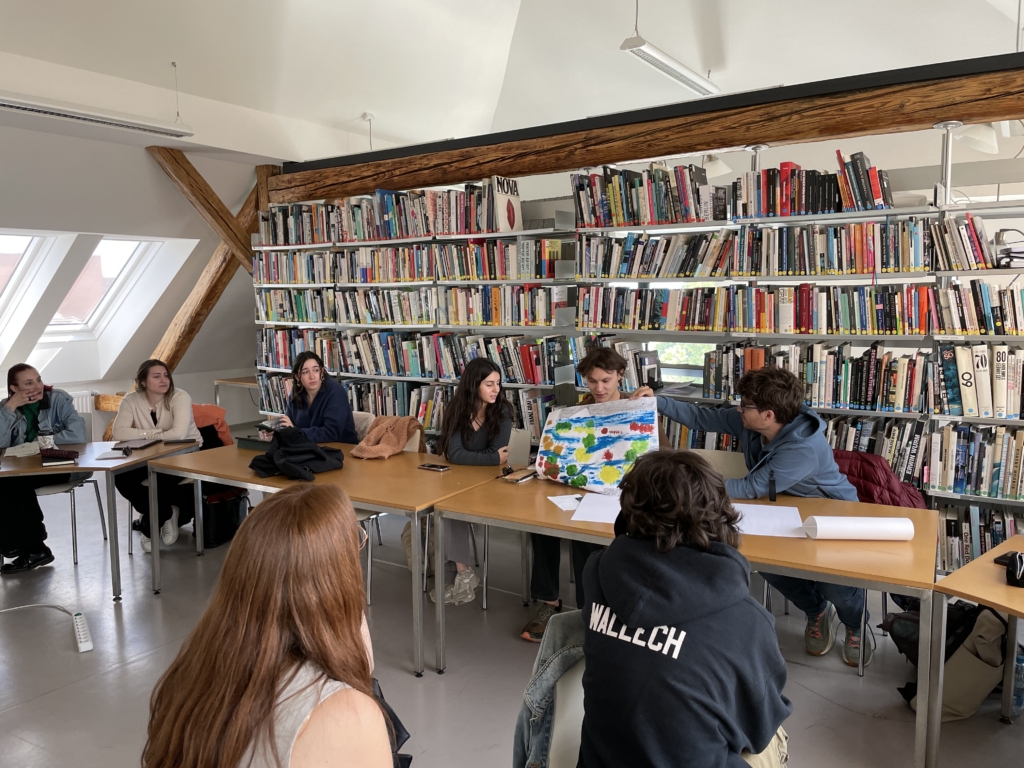
SPECIALIZATION MODULE - CURATORIAL DESIGN
Course convened by Philipp Sattler
“Warning: Ideas can be hazardous! Handle with care.”
– Helen Frichot, How to Make Yourself a Feminist Design Power Tool, 2016:17.
Architectural projects usually begin with a brief. Within given parameters and norms, architects respond to a set of demands and problems to be solved spatially. What happens if this is not the case? What if we could or need to start differently? How do you begin to think about space without a brief or task?
This semester's specialisation module, Curatorial Design, titled “In Order to Read a Book, I Need a Knife. On Making Spatial Manuals,” will rethink the project of design as the production of knowledge around questions of space and how this can be made a public matter. Without a brief or site to start, students will take stock of the methods and materials already available to them. By learning from feminist, intersectional, and liberatory practices, each student or group of students will slowly build a critical position towards their own practice and what matters to them.
With writing, reading, practical exercises, a series of workshops, and the use and expansion of their diverse skills, students will formulate and collect a spatial manual of their practice. To test these manuals, students will develop public projects in the city of Graz that respond to them.
Image composed after: Jeff Wall. After “Invisible Man” by Ralph Ellison, the Prologue, 1999-2000.
Excursion to Vienna
In the context of the IZK Specialization Modules Tools for Infrastructural Critique. Incisions. Flows. Delays. Folds. Blockages. and In Order to Read a Book, I Need a Knife. On Making Spatial Manuals students went on an excursion to Vienna.
At Belvedere 21, we visited the retrospective of Hans Haacke and got an insightful tour from the exhibition’s curator, Luisa Ziaja.
We also visited Contact M by Park McArthur at mumok. Students participated in a collective reading of the transcribed audio guide to the exhibition authored by Elaine Lillian Joseph.
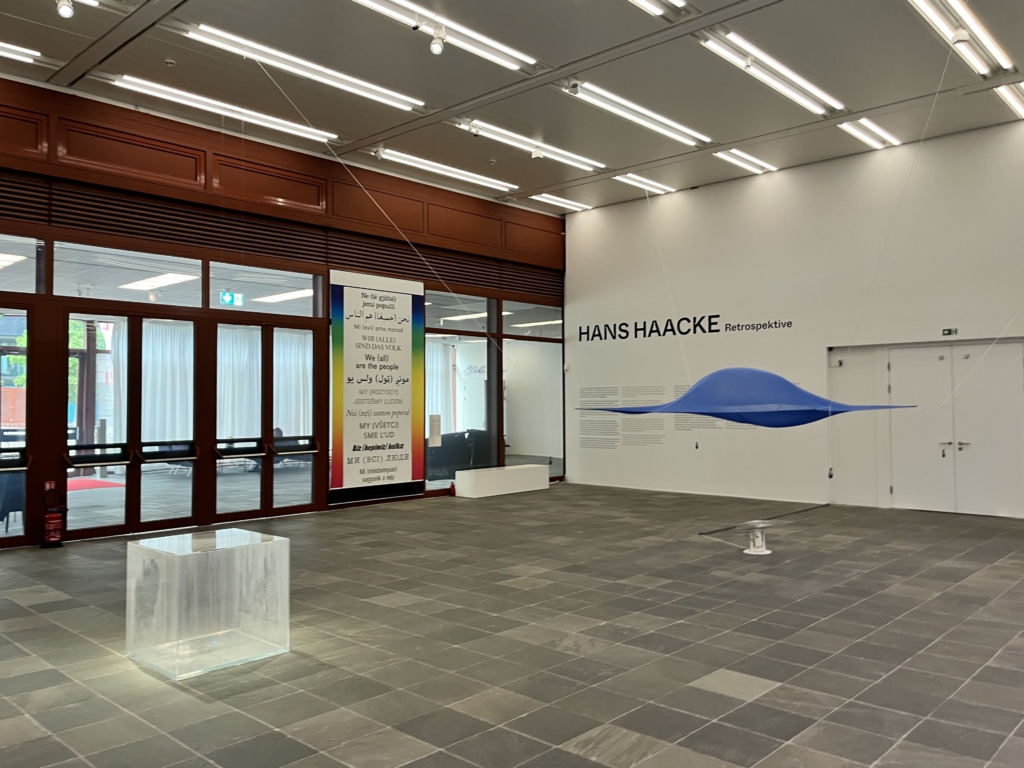

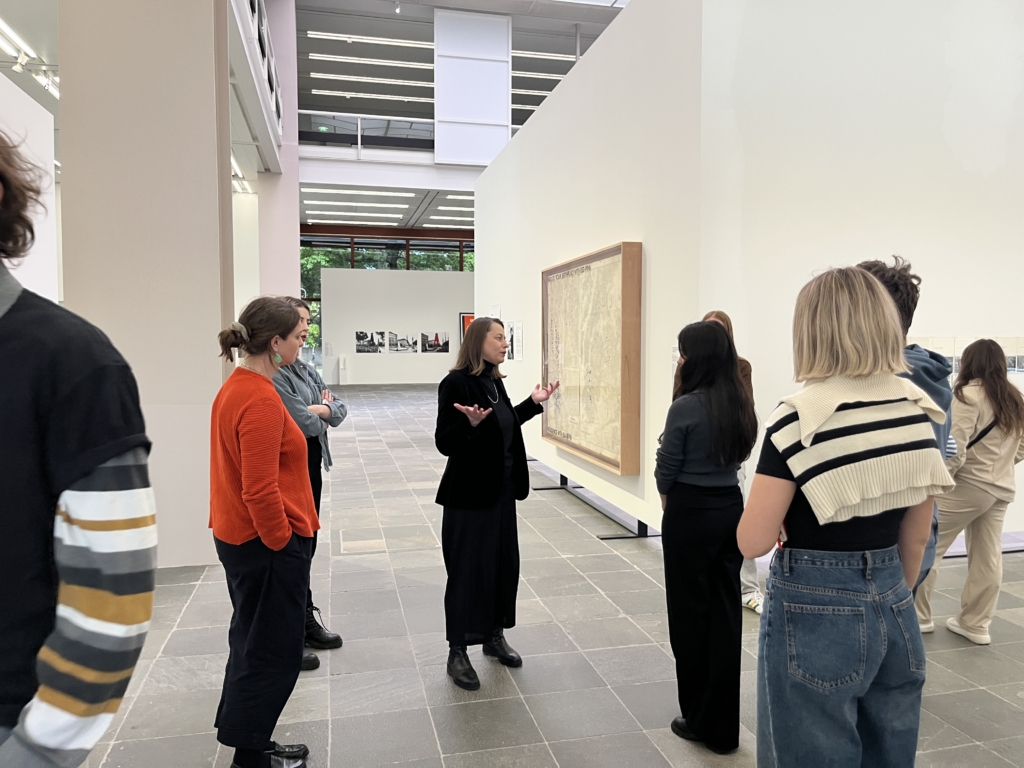
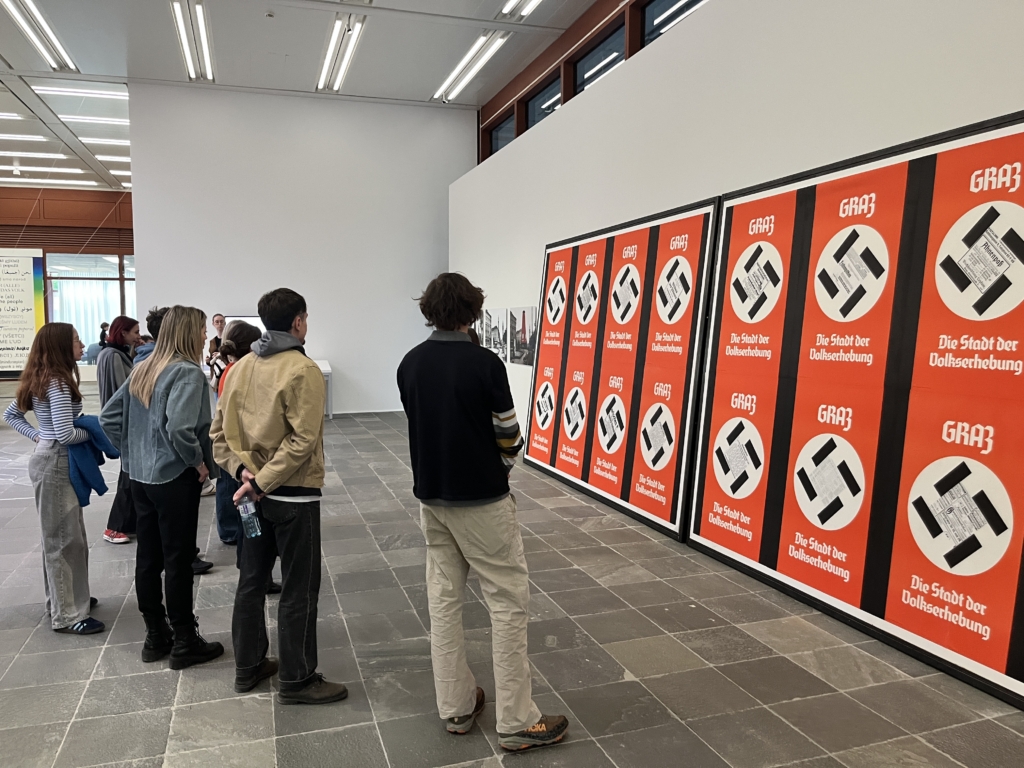
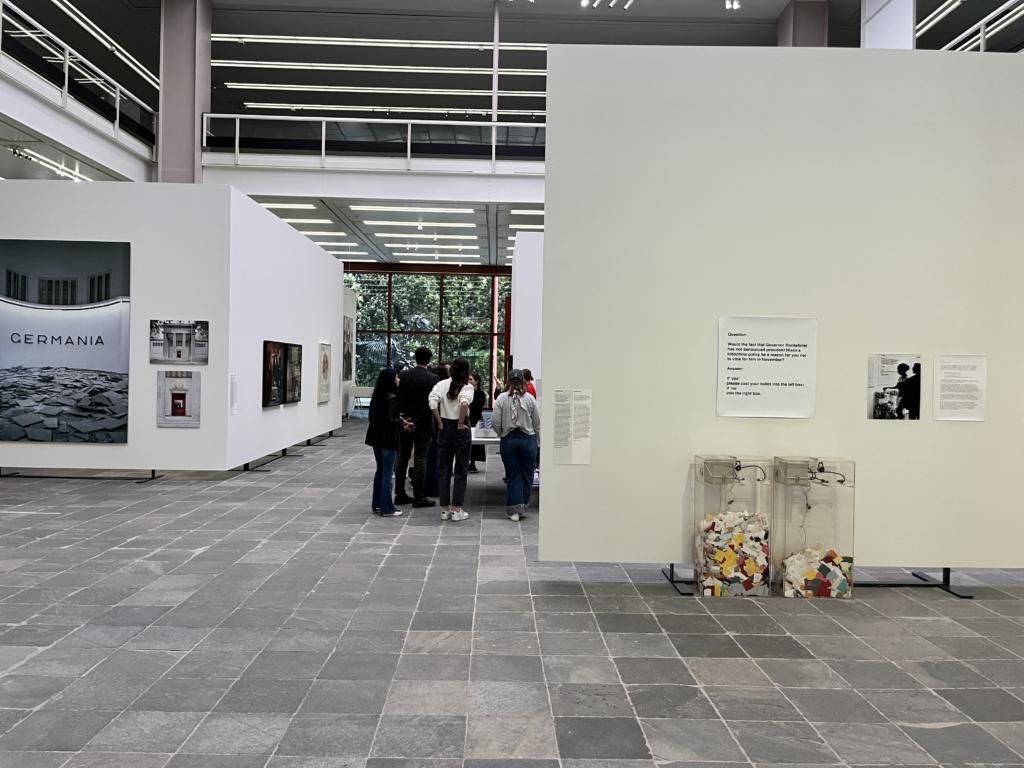
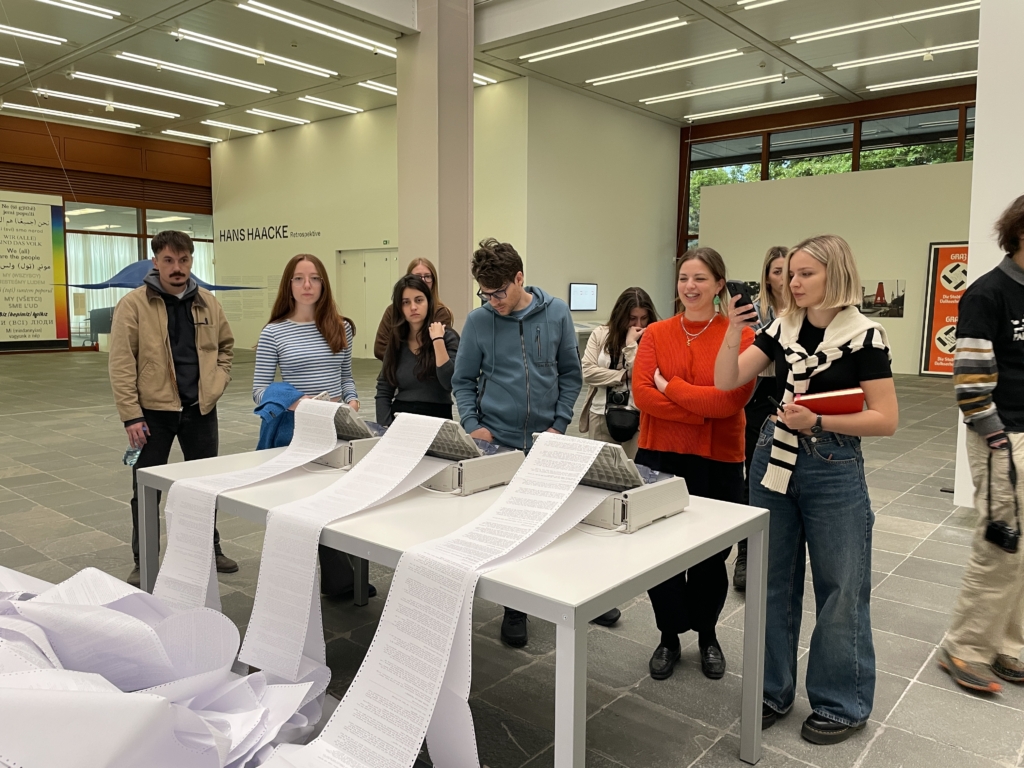
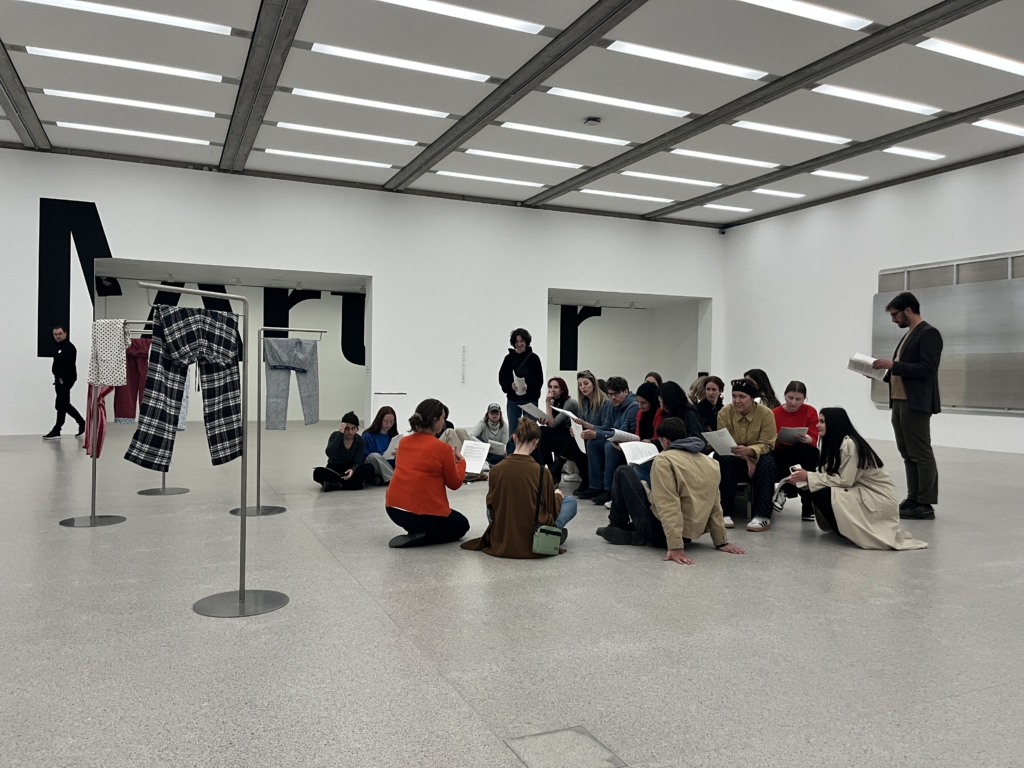
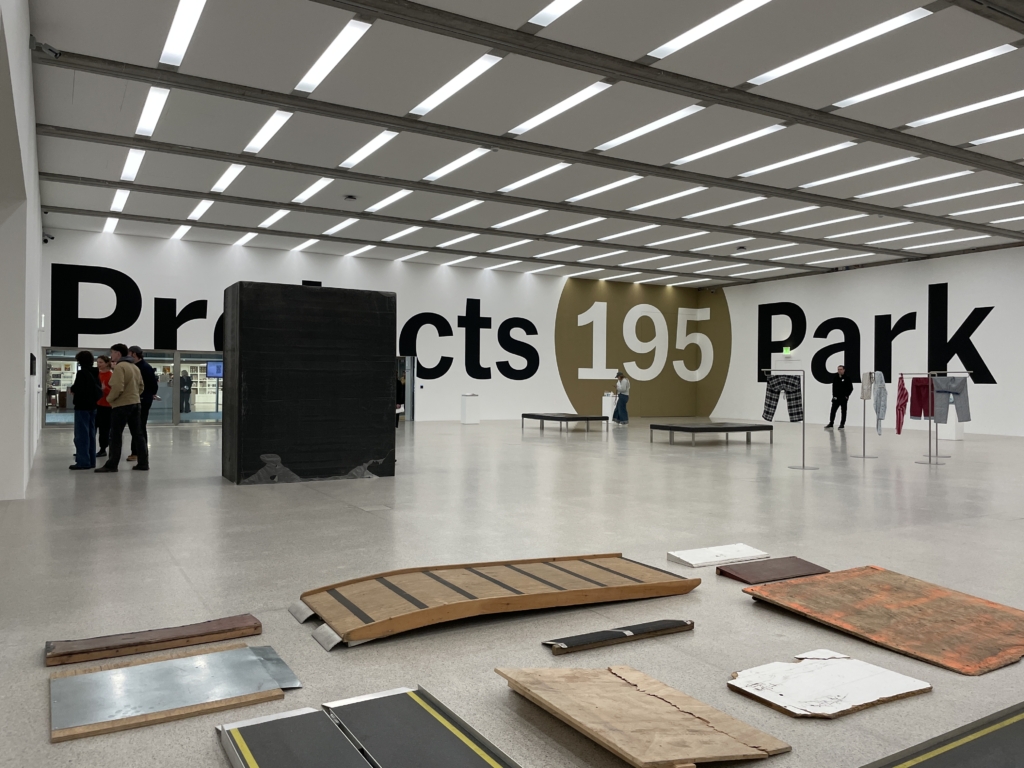
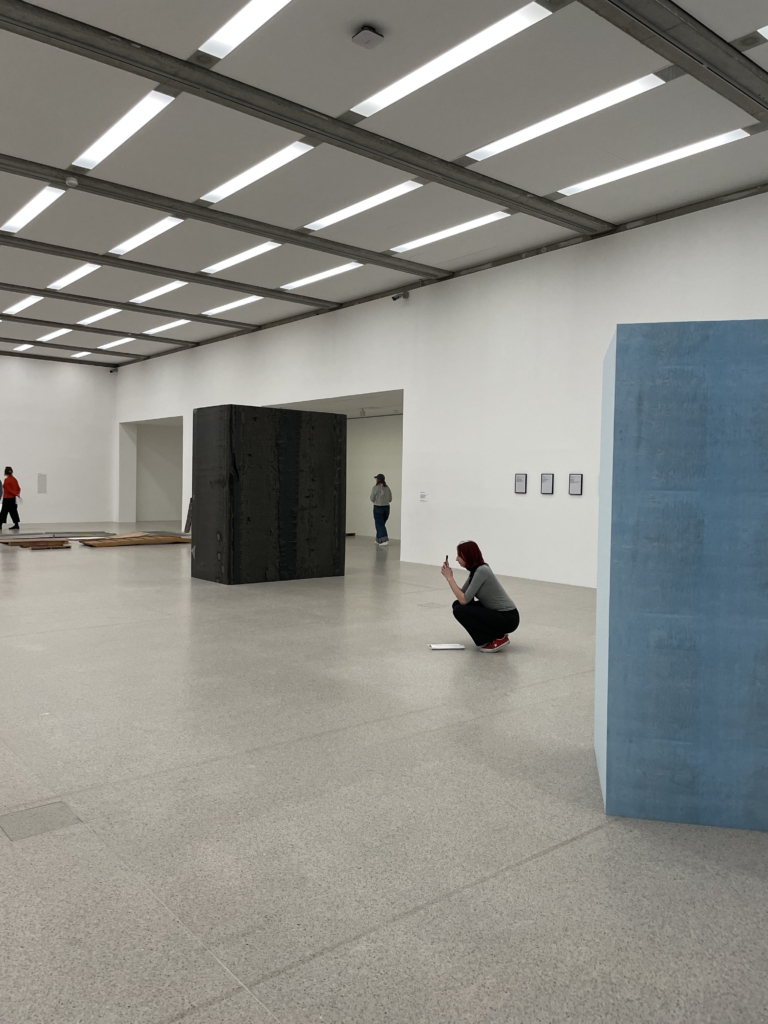
Workshops
Danny Hayward - Housing as Infrastructure: Gentrification, Organisation and Infrastructural Critique
Danny Hayward introduced us to the politics, economics and struggles around housing in the UK and particularly in London. We spoke about the concept of infrastructural critique and collected examples of the transversal use of infrastructures.

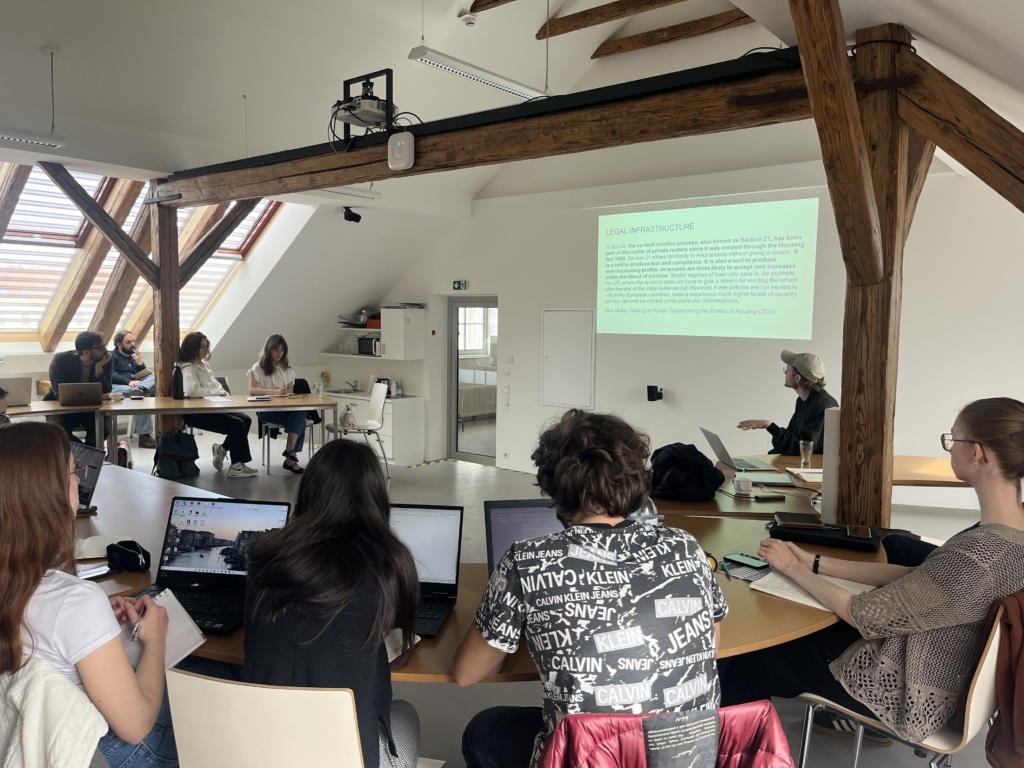
Andreas Petrossiants - Class Composition and Urban Space: Autonomist Feminist Infrastructures
With Andreas Petrossiants we learned about Italian Autonomist Marxism, the movement Lotta Continua and its relation to housing movements. Students discussed how urban struggles like tenants‘ movements and occupations intersect with other forms of struggle.
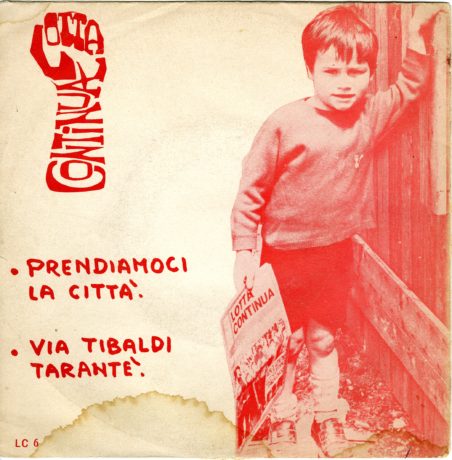
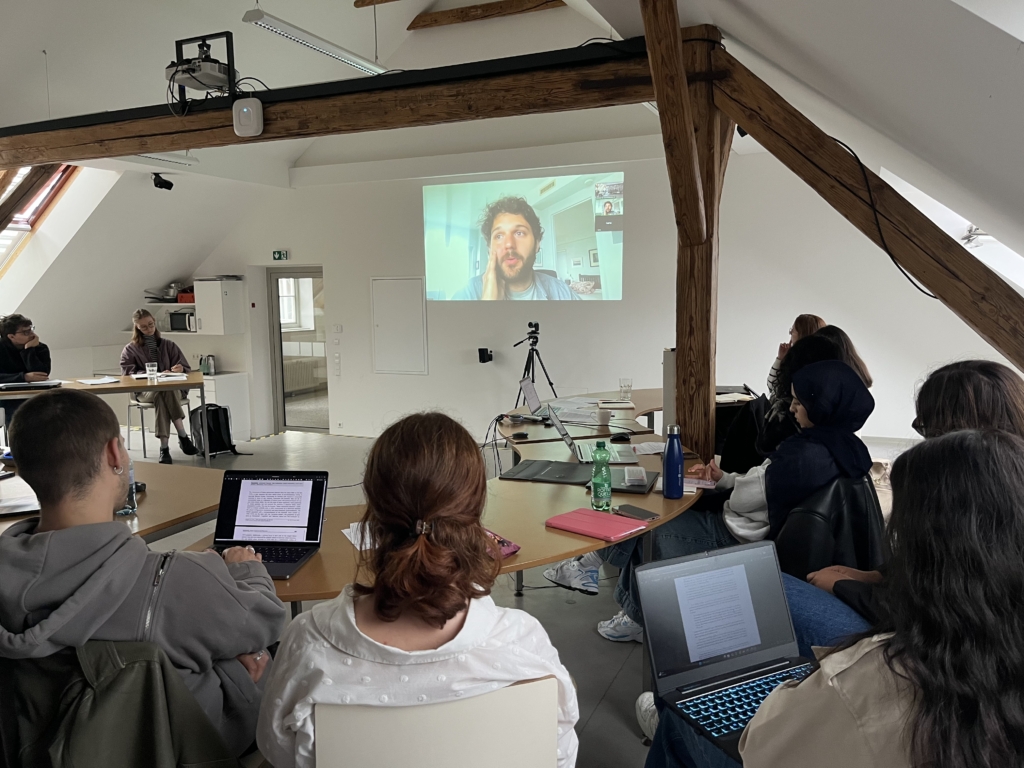
Gabriela Manda Seith - Reclaiming a Besieged City. Opacity as an Artistic Strategy
Ahead of our workshop with Gabriela Manda Seith, she gave a public lecture at Centre for Contemporary Art, addressing artworks that were made in the public space of Sarajevo while the city was besieged. In this workshop, we first discussed texts by Michel Foucault, Édouard Glissant, Asja Mandić and Nicole Simek. Then we analyzed sites around Graz, focussing on Foucault’s concept of the panopticon and Glissant’s writings on opacity and transparency.
